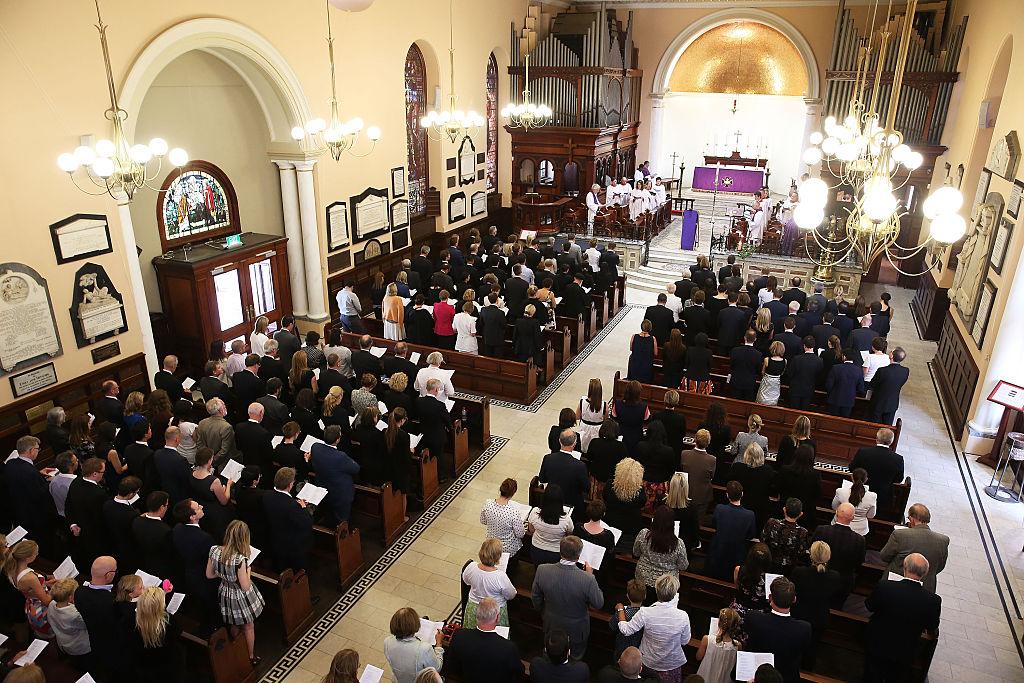In the second Religious Discrimination Bill meeting on Jan. 13, Melbourne Archbishop Peter Comensoli stated that he would not put forward any amendments and expressed that this act will finally protect all different groups of discrimination following disability, LGBTIQ and aged groups.
At the meeting, Comensoli expressed that religious schools should be allowed the right to hire staff that exhibits the ethos the school is looking for, “in any organisation, whether it’s a religious one or not.”





